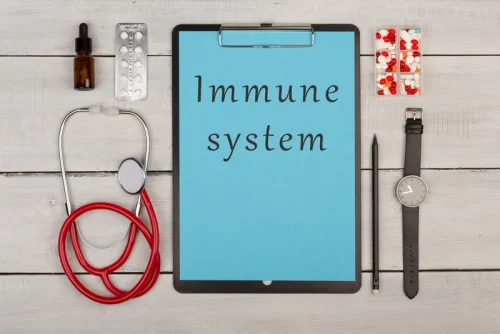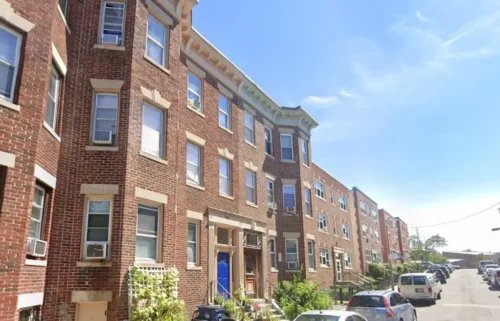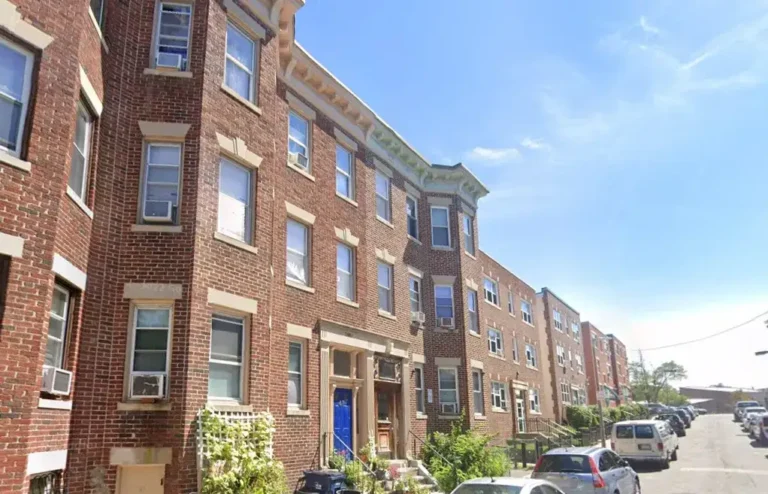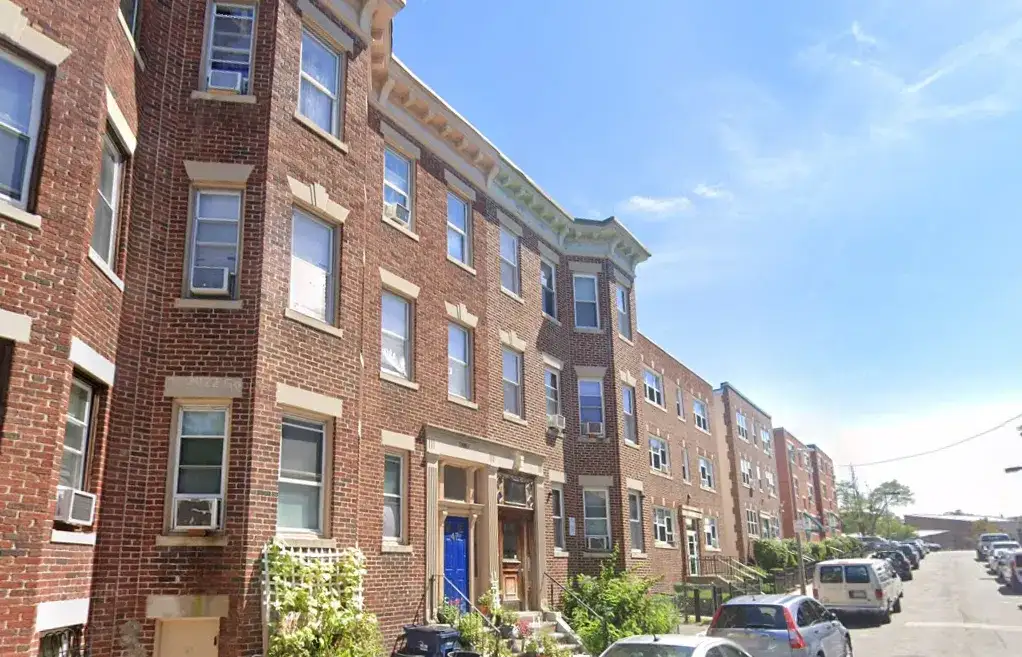
The mental challenge of this stage is not to let https://ecosoberhouse.com/article/vicodin-addiction-symptoms-treatment-and-recovery/ anything make you feel defeated. While the abstinence stage of withdrawal causes mostly physical symptoms, post-acute withdrawal is very psychological and emotional. The abstinence stage typically begins right after you stop drinking. If you’re ready to make a positive change, here’s what you may want to know about the recovery process. If you are considering treatment for yourself or a loved one, call us today.

Addiction
If a relapse occurs, it’s important to remember that this is not a sign of failure, but a blip on the road to lifelong sobriety. It may signify that your course of treatment needs to change for the time being, but that is something you should always discuss with your healthcare provider and/or therapist. Intentionally staying involved with addiction recovery support, also known as aftercare, can help minimize relapse.
- Once a formal program at any level is completed, involvement in an aftercare program or support services is highly recommended.
- This usually applies to people who have other alcoholics in their family.
- These medications are prescribed by a primary care provider or other health care provider and may be used alone or in combination with counseling.
Chief Medical Editor, Harvard Health Publishing; Editorial Advisory Board Member, Harvard Health Publishing
- The newer types of these medications work by offsetting changes in the brain caused by AUD.
- If your loved one is suffering from alcoholism, try to exercise patience while also making time to practice your own self-care.
- Instead, those seeking recovery must commit to a treatment and aftercare plan designed by professionals.
- To learn more about alcohol treatment options and search for quality care near you, please visit the NIAAA Alcohol Treatment Navigator.
- Behavioral therapies can help people develop skills to avoid and overcome triggers, such as stress, that might lead to drinking.
Treatment may involve a brief intervention, individual or group counseling, an outpatient program, or a residential inpatient stay. Working to stop alcohol use to improve quality of life is the main treatment goal. Too much alcohol affects your speech, muscle coordination and vital centers of your brain. A heavy drinking binge may even cause a life-threatening coma or death. This is of particular concern when you’re taking certain medications that also depress the brain’s function.

Treatment Options
This process, however, can bring about the unpleasant and potentially serious symptoms of alcohol withdrawal syndrome. These include increased heart rate, sweating, anxiety, tremors, nausea and vomiting, heart palpitations, and insomnia. In more severe cases, people may also have seizures or hallucinations. It is important to remember that AUD is not due to an individual’s lack of self-discipline or resolve. Long-term alcohol use can produce changes in the brain that can cause people to crave alcohol, lose control of their drinking and require greater quantities of alcohol to achieve its desired effects.
Stay on top of latest health news from Harvard Medical School.
Others may want one-on-one therapy for a longer time to deal with issues like anxiety or depression. Alcohol use can have a big effect on the people close to you, so couples or family therapy can help, too. Alcoholism is a common and different term for alcohol use disorder. Milder cases — when people abuse alcohol but aren’t dependent on it — are as well.

To learn more about alcohol treatment options and search for quality care near you, please visit the NIAAA Alcohol Treatment Navigator. These complications are reasons why it’s important to treat alcohol addiction early. Nearly all risks involved with alcohol addiction may be avoidable or treatable, with successful long-term recovery. If you’re worried that someone you know has can alcoholism be cured an alcohol addiction, it’s best to approach them in a supportive way.
For serious alcohol use disorder, you may need a stay at a residential treatment facility. Most residential treatment programs include individual and group therapy, support groups, educational lectures, family involvement, and activity therapy. You’re likely to start by seeing your primary health care provider. If your provider suspects that you have a problem with alcohol, you may be referred to a mental health provider.
- Contact your primary care provider, health insurance plan, local health department, or employee assistance program for information about specialty treatment.
- The good news is that no matter how severe the problem may seem, most people with AUD can benefit from some form of treatment.
- Instead, these are groups of people who have alcohol use disorder.
- During the repair stage, taking care of yourself is paramount.
- When you or your loved one completes an inpatient or outpatient alcohol treatment program, this is a time for celebration.
Telehealth Options for Alcohol Treatment

Alcoholism and its symptoms can be successfully managed with effective treatment. It’s important to note, however, that the most effective treatment for alcoholism will vary for each individual. Psychotherapy, usually cognitive behavioral therapy, is an important part of an alcoholism treatment program. This addresses the powerful psychological dependency a person has on alcohol. A qualified therapist will work with individuals on a one-to-one and group basis; teaching them how to change their alcohol-seeking behaviors.





Leave a Comment